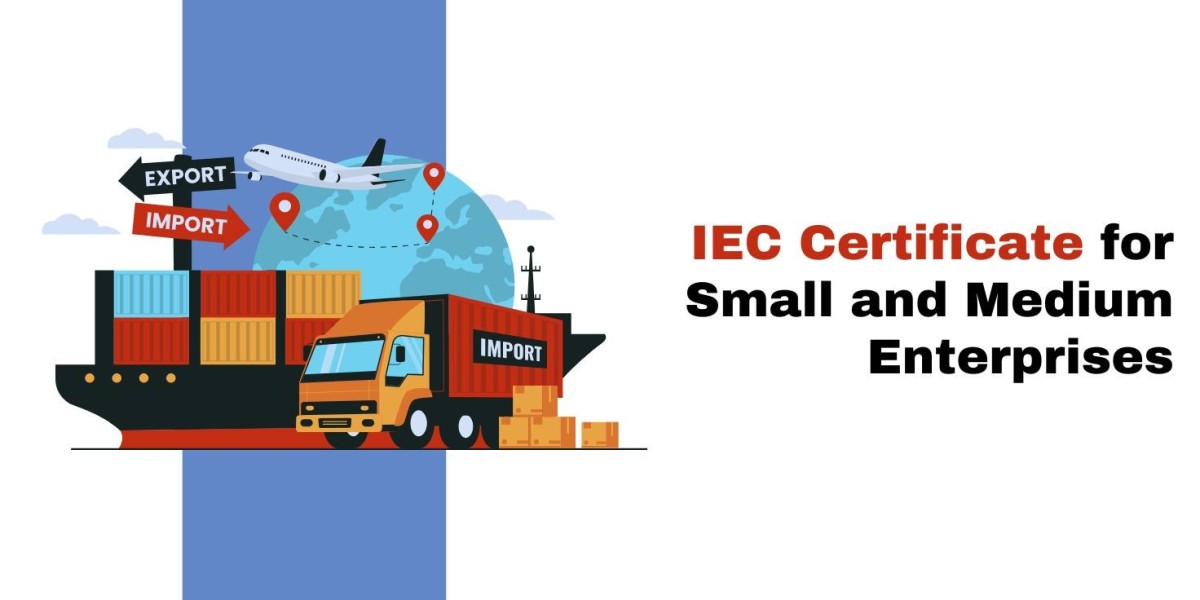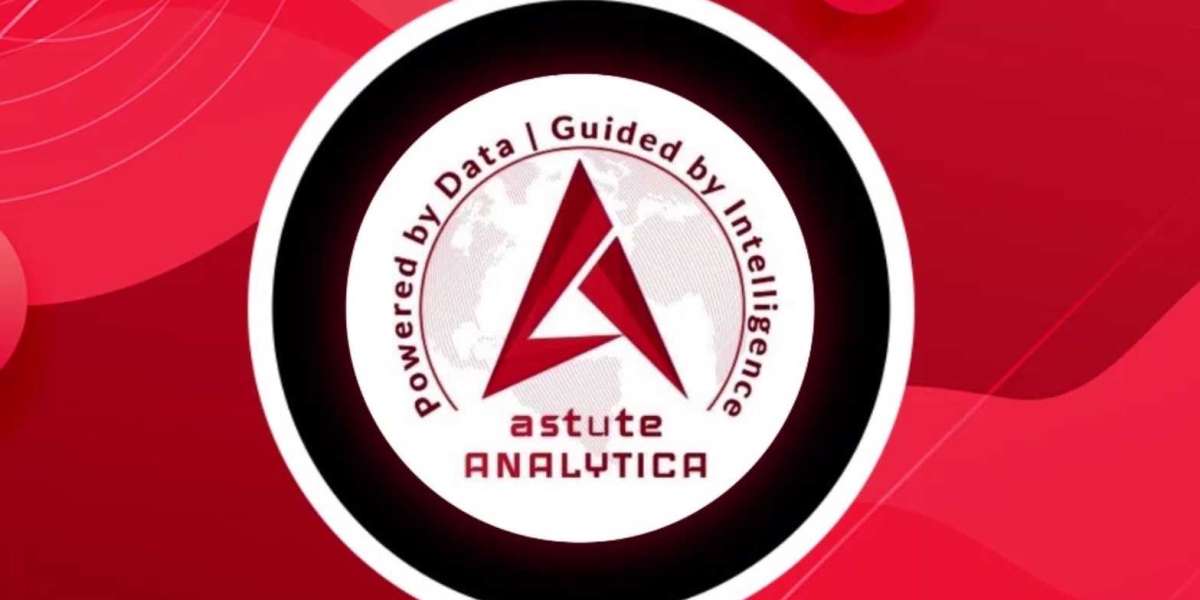In today's globalized economy, small and medium enterprises (SMEs) increasingly seek to expand their horizons beyond domestic borders. For Indian SMEs, entering the international market offers immense opportunities for growth, brand visibility, and revenue generation. One of the first steps in this journey is obtaining an IEC Certificate. This document is a regulatory formality and a gateway to seamless import and export operations. This blog will discuss why an IEC Certificate is essential, its benefits for SMEs, and how it connects to related registrations like Import Export Code Registration, Capexil Registration, and APEDA Registration Certificate.
What is an IEC Certificate?
The Import Export Code (IEC) is a 10-digit number issued by the Directorate General of Foreign Trade (DGFT). It is mandatory for businesses engaged in importing or exporting goods or services in India. Whether you're a sole proprietor, partnership firm, or a private limited company, obtaining Import Export Code Registration is essential for initiating international trade.
Why Do SMEs Need an IEC Certificate?
Small and medium enterprises form the backbone of the Indian economy, contributing significantly to employment and GDP. Here’s why obtaining an IEC Certificate is crucial for SMEs:
Legal Requirement for Trade
Without an IEC, SMEs cannot import or export goods legally. The absence of this registration could result in penalties and disruptions in business operations.
Facilitates International Market Entry
The IEC acts as a passport for SMEs to enter international markets. It simplifies transactions with global partners, enabling us to grow and establish a foothold in competitive industries.
Availing Government Benefits
The Indian government offers various export incentives under schemes like MEIS (Merchandise Export from India Scheme) and SEIS (Service Export from India Scheme). With an IEC Certificate, SMEs can avail of these benefits and reduce operational costs.
Streamlined Customs Process
An Import Export Code Registration ensures faster clearance of goods at customs, avoiding delays that can harm our business reputation.
No Renewal Requirement
The IEC is a one-time registration, and there is no need for annual renewals, making it a hassle-free document for SMEs.
How Does the IEC Certificate Relate to Other Registrations?
For SMEs involved in specific industries, an IEC Certificate is just the first step. Complementary registrations like Capexil Registration and APEDA Registration help us access industry-specific benefits.
Capexil Registration
The Chemical and Allied Export Promotion Council (Capexil) registration is essential for businesses exporting products like chemicals, plywood, rubber, and more. SMEs with a valid IEC Certificate can apply for Capexil Registration to enjoy benefits such as export incentives, trade fairs, and market development assistance.
APEDA Registration Certificate
The Agricultural and Processed Food Products Export Development Authority (APEDA) supports exporters dealing with agricultural and processed foods. SMEs exporting products like fruits, vegetables, and dairy items must obtain an APEDA Registration Certificate. The APEDA Registration is only possible if the SME has an active IEC, linking the two registrations directly.
Benefits of IEC Certificate for SMEs
- Global Opportunities
With an IEC Certificate, we can tap into the global market, expanding our customer base and increasing revenue potential.
- Business Credibility
Having an IEC enhances our credibility with international clients and partners. It signals that we are a legitimate and compliant business entity.
- Ease of Compliance
Once registered, the Import Export Code simplifies compliance with other export-related documentation, reducing the burden on SMEs.
- Financial Advantages
The government offers duty exemptions and tax refunds on exported goods, enabling us to maximize profits.
- Expansion into New Markets
With the ease of importing and exporting, SMEs can diversify their offerings and enter niche markets that were previously inaccessible.
Steps to Obtain an IEC Certificate
The process to secure an Import Export Code Registration has been simplified in recent years. Here’s how we can do it:
- Prepare Documentation:
- PAN card of the business owner or entity.
- Address proof of the business.
- Bank account details.
- Digital signature.
- Online Application:
Apply on the DGFT portal with the required documents and pay the registration fee.
- Verification and Approval:
The DGFT verifies the submitted details and issues the IEC Certificate online.
Role of IEC in Compliance and Growth
Beyond its legal requirements, the IEC Certificate plays a pivotal role in ensuring compliance with international trade regulations. It enables us to access trade statistics, market intelligence reports, and foreign trade policies published by the DGFT, helping SMEs strategies their market entry effectively.
Additionally, aligning the IEC with Capexil Registration or APEDA Registration Certificate ensures industry-specific compliance, avoiding legal disputes and enhancing our credibility.
Challenges in Obtaining an IEC Certificate
While the process is straightforward, SMEs may face challenges such as incorrect documentation, technical glitches on the DGFT portal, or lack of awareness about updates in import-export policies. To overcome these challenges, we must:
- Stay updated with DGFT notifications.
- Double-check all documents before submission.
- Seek professional assistance if required.
By obtaining an IEC Certificate, SMEs in India can unlock unparalleled opportunities in the global market. From enhancing credibility to availing government benefits, the advantages are numerous. Let’s take the first step toward international trade by securing our Import Export Code Registration and aligning it with relevant certifications like Capexil Registration and APEDA Registration to ensure comprehensive growth and compliance.
Frequently Asked Questions
- Can an individual apply for an IEC Certificate?
Yes, individuals can apply for an IEC Certificate if they wish to engage in import-export activities under their name.
- Is it mandatory to link IEC with other registrations like APEDA or Capexil?
No, it is not mandatory. However, businesses in specific sectors may need an APEDA Registration Certificate or Capexil Registration to avail of industry-specific benefits.
- How long does it take to get an IEC Certificate?
Typically, it takes 2–5 working days after submitting a complete and accurate application.



